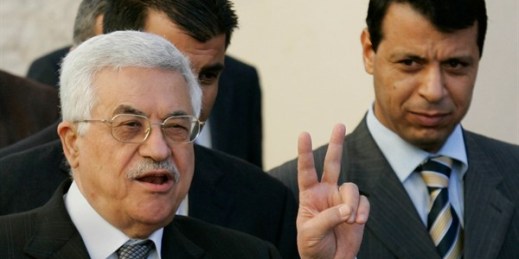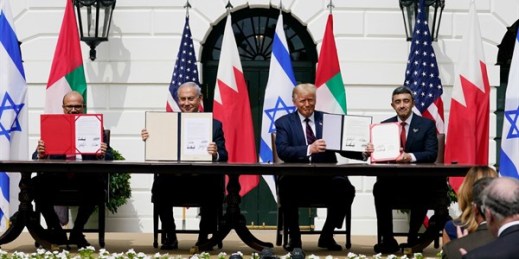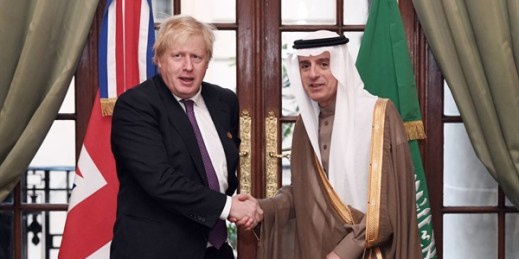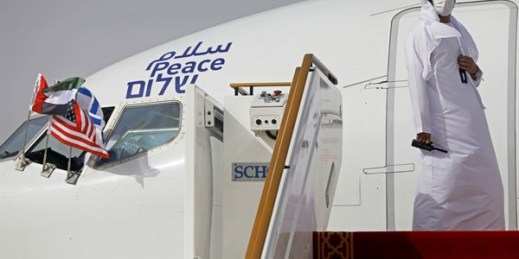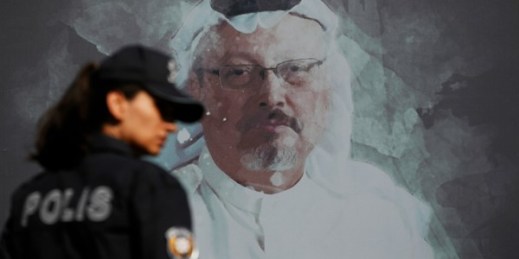
Dozens of countries took Saudi Arabia to task at the United Nations Human Rights Council earlier this month for its human rights violations, demanding accountability for the murder of Washington Post journalist Jamal Khashoggi. The rebuke came just days after U.S. President Donald Trump was revealed to have admitted on tape that he helped shield the Saudi crown prince, Mohammed bin Salman, from scrutiny by obstructing Congress’ inquiries into Khashoggi’s brutal murder at the Saudi consulate in Istanbul, in October 2018. “I saved his ass,” Trump reportedly said of the crown prince in an interview with the journalist Bob Woodward. […]

